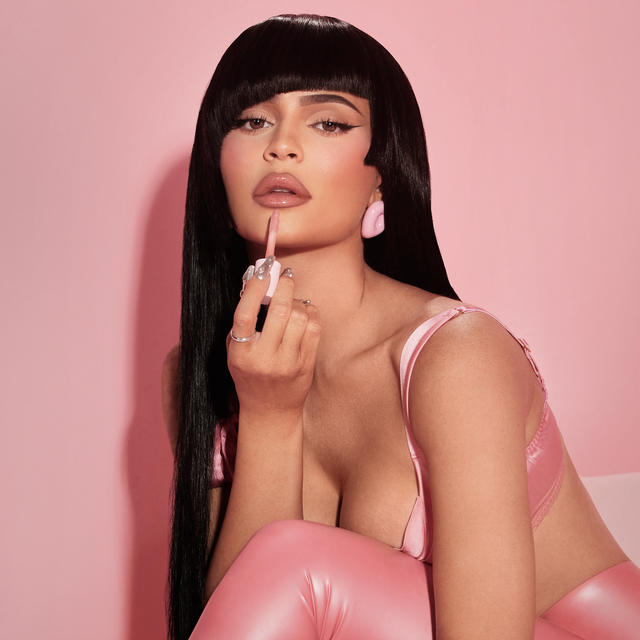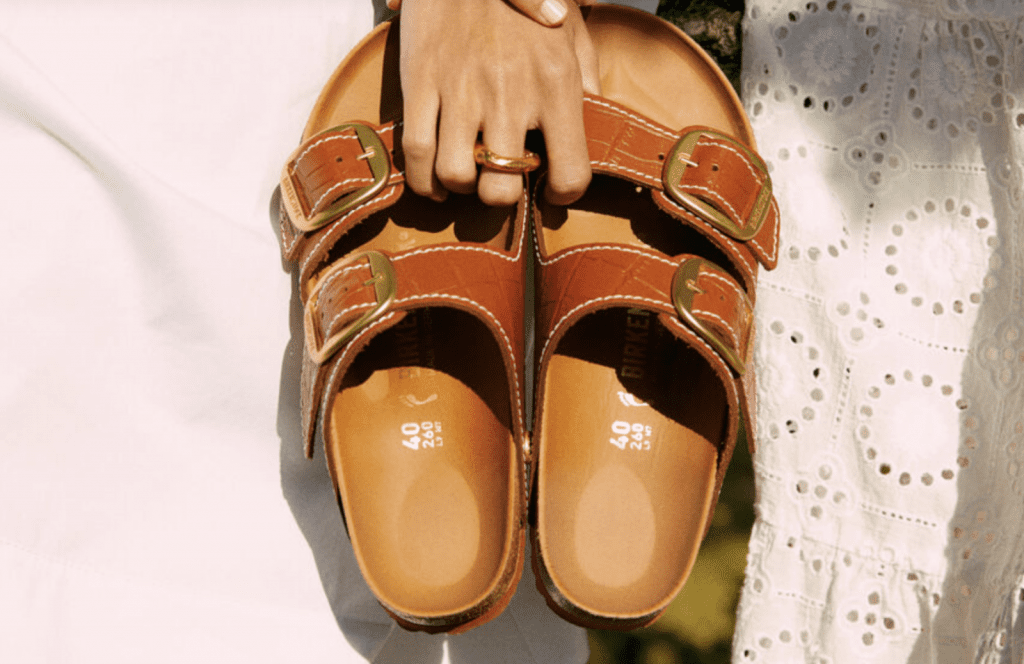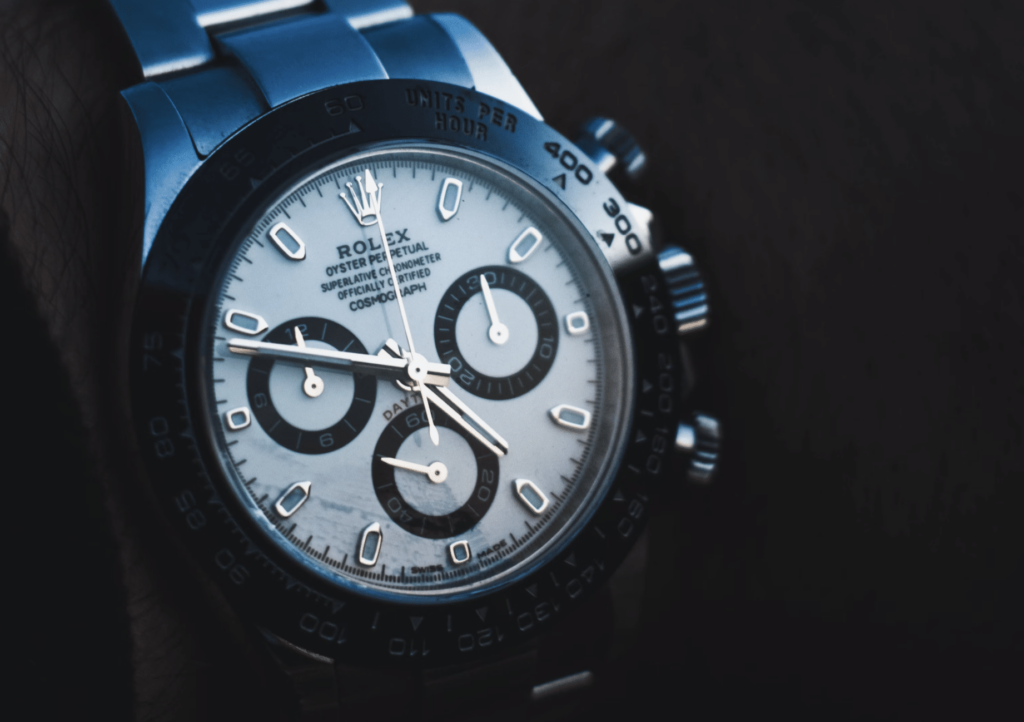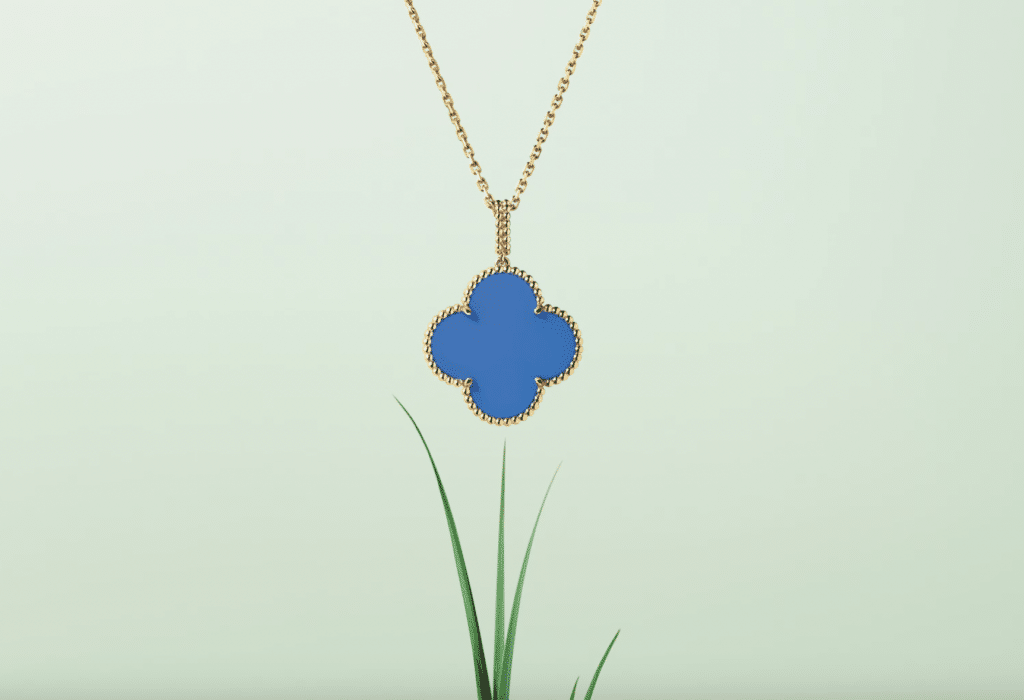Now that Kylie Jenner is stepping out of her older sisters’ shadows (by way of cosmetic kits, clothing collections, racy editorials, etc.), she is working to protect her intellectual property, specifically, her name, and she is ruffling some feathers in her attempts to do so. In April and November 2015, the reality television star filed a number of federal trademark applications in connection with both her first name and her full name with the U.S. Patent and Trademark Office (“USPTO”).
A trademark is an exclusive right, which means that it gives its holder the right to prevent and/or stop others from using the mark. If awarded, the trademarks at issue will receive registration on a nationwide basis, thereby, allowing Jenner to initiate trademark infringement lawsuits if other parties use her trademarked name without authorization in the same class of goods/services in which Jenner’s marks are registered and in a way that would be deemed “confusing” to consumers. (Note: Trademarks are registered by classes of goods and services. Clothing, for instance, is one of the classes. Cosmetics are another. Retail store services are yet another).
As for the trademark applications themselves, Jenner’s legal counsel filed a number of applications on behalf of Kylie Jenner, Inc. – one is for “Kylie Jenner” in the class of goods that covers “All-purpose carrying bags; Athletic bags; Back packs; Cosmetic bags; Cosmetic carrying cases; Duffle bags; Handbags; Purses and wallets; Tote bags; Umbrellas.” Other applications cover clothing, sleepwear, swimwear, and undergarments; jewelry; and fragrances.
Her team also filed two applications for the word “Kylie” – one for the classes of: “Entertainment in the nature of providing information by means of a global computer network in the fields of entertainment and pop culture; entertainment services, namely, personal appearances by a celebrity, actress and model” AND “Providing information by means of a global computer network in the field of fashion.” The other “Kylie” application extends to “Advertising services, namely, promoting the brands, goods and services of others; endorsement services, namely, promoting the goods and services of others.”
THE OPPOSITION PROCESS
Before a trademark may be registered with the USPTO (and enforced by a trademark holder on a nationwide basis as a federally registered mark, as opposed to on a state-by-state basis for common law marks), a number of requirements must be satisfied. For instance, the mark must be published for opposition in the Official Gazette, a weekly publication of the USPTO. After the mark is published, any party who believes it may be damaged by registration of the mark has thirty days from the publication date to file either an opposition to registration or a request to extend the time to oppose. If no opposition is filed or if an opposition is unsuccessful, the application enters the next stage of the registration process.
In Jenner’s case, this is where things become complicated. Enter: Australian pop-star Kylie Minogue, whose legal team filed to oppose Jenner’s “Kylie” trademark application in connection with advertising services this past week.
According to the World Intellectual Property Review (“WIPR”), “KDB claimed that if the USPTO approved Jenner’s application then it would cause confusion among consumers between the two Kylies and dilute her brand. The company also cited existing trademark registrations for the term ‘Kylie’ that cover entertainment services and music recordings. Minogue also owns trademarks for the terms ‘Kylie Minogue darling’, ‘Lucky – the Kylie Minogue musical’ and ‘Kylie Minogue.’”
WIPR continues on to note: “KDB said Jenner is a ‘secondary reality television personality,’ who has received criticism from disability rights groups and African-American communities. If the mark is approved, the association between Kylie Jenner and Kylie Minogue would result in dilution of her brand.” Moreover, KDB was sure to add that Jenner played little more than a “supporting character” in the Keeping up with the Kardashians television show and is arguably much better known for her active media presence and her “photographic exhibitionism and controversial posts.”
While Minogue’s team has not filed to oppose all of Jenner’s “Kylie” applications. For instance, they have not opposed to application that covers the services of “Entertainment in the nature of providing information by means of a global computer network in the fields of entertainment and pop culture; entertainment services, namely, personal appearances by a celebrity, actress and model” AND “Providing information by means of a global computer network in the field of fashion,” it may just be a matter of time until that occurs.
WHAT’S IN A NAME
An essential element of Minogue’s opposition: That Kylie Jenner is a “secondary reality television personality,” suggesting she is less well known than her musical counterpart, Kylie Minogue. More than a just a diss, so to speak, this is important due to the purpose and underlying theory of trademark law. As you may know, trademark law serves a dual purpose. It aims to: 1) aid consumers in differentiating amongst competing products in the market (and allowing them to make decisions due to the source-identifying nature of trademarks); and 2) protect the trademark owner’s investment in reputation.
In terms of the primary goal (enabling consumers to differentiate between brands), this is the essence of a trademark, a legal device that allows consumers to identify brands and gauge the quality associated with that brand and its goods without actually have to sample them. Consider the effect that the Chanel double “C” logo or the brown and gold Louis Vuitton Toile monogram – both famous trademarks – has on consumers. Those things (those trademarks) help consumers to identify the brand responsible for the goods and the level of quality that can be expected: Luxury-level quality in these instances. While the aforementioned examples only illustrate this principle in terms of goods, it also applies to services.
A trademark has to actually serve as an identifier of source in order to amount to something in the minds of consumers. This means that the public must recognize the trademark at hand as associated with the brand at hand. And this is where Minogue’s legal team argues that there is a problem. Not only do they argue that the registration of Jenner’s mark will dilute (aka tarnish or impair the distinctiveness of) Minogue’s trademark but they argue that it is arguably not even proper for several reasons.
Their likely reasoning (whether merited or not): The public more closely identifies the name Kylie with Kylie Minogue than Kylie Jenner, 18, who made her TV debut in 2007. Minogue has, after all, released 13 albums beginning in 1988, and won a Grammy, after being nominated 15 times.
It is also worth noting that Jenner is one of the most followed figures on social media and a constant source of tabloid fodder, which weighs heavily in her favor in terms of the trademark doctrine of secondary meaning – the practice of when consumers immediately associate the mark with only that producer of that particular kind of goods or services. With this in mind, Minogue already has at least one trademark registration for the word “Kylie” – in connection with sound recordings and mobile telephone accessories, namely, wrist straps. She also has a pending application for “Kylie” for the vague class of goods/services of: “Education and entertainment.”
Secondarily, it is worth noting that the use of another’s trademark in a class of goods/services in which the trademark holder (Minogue, here) does not have federal rights may still amount to infringement if the use of the mark is such that it harms the trademark holder in an unfair way. The reputation or image that the trademark holder has built could suffer from someone else’s use of the mark. For example, Minogue’s legal team argues that if the singer is associated with Jenner, her brand will be damaged due to the “criticism [Jenner has received] from disability rights groups and African-American communities.”
UPDATE (1/27/17): On the heels of Jenner’s March 2016 motion seeking to suspend proceedings as a result of settlement discussions, it appears the parties have been able to resolve the matter outside of the Trademark Trial and Appeal Board. Minogue has withdrawn her oppositions to the existing Kylie Jenner trademarks. According to a filing from the Trademark Trial and Appeal Board on Thursday, “Opposer’s withdrawal of the opposition, filed January 19, 2017, is noted. Because no answer is of record, the opposition is dismissed without prejudice.”











